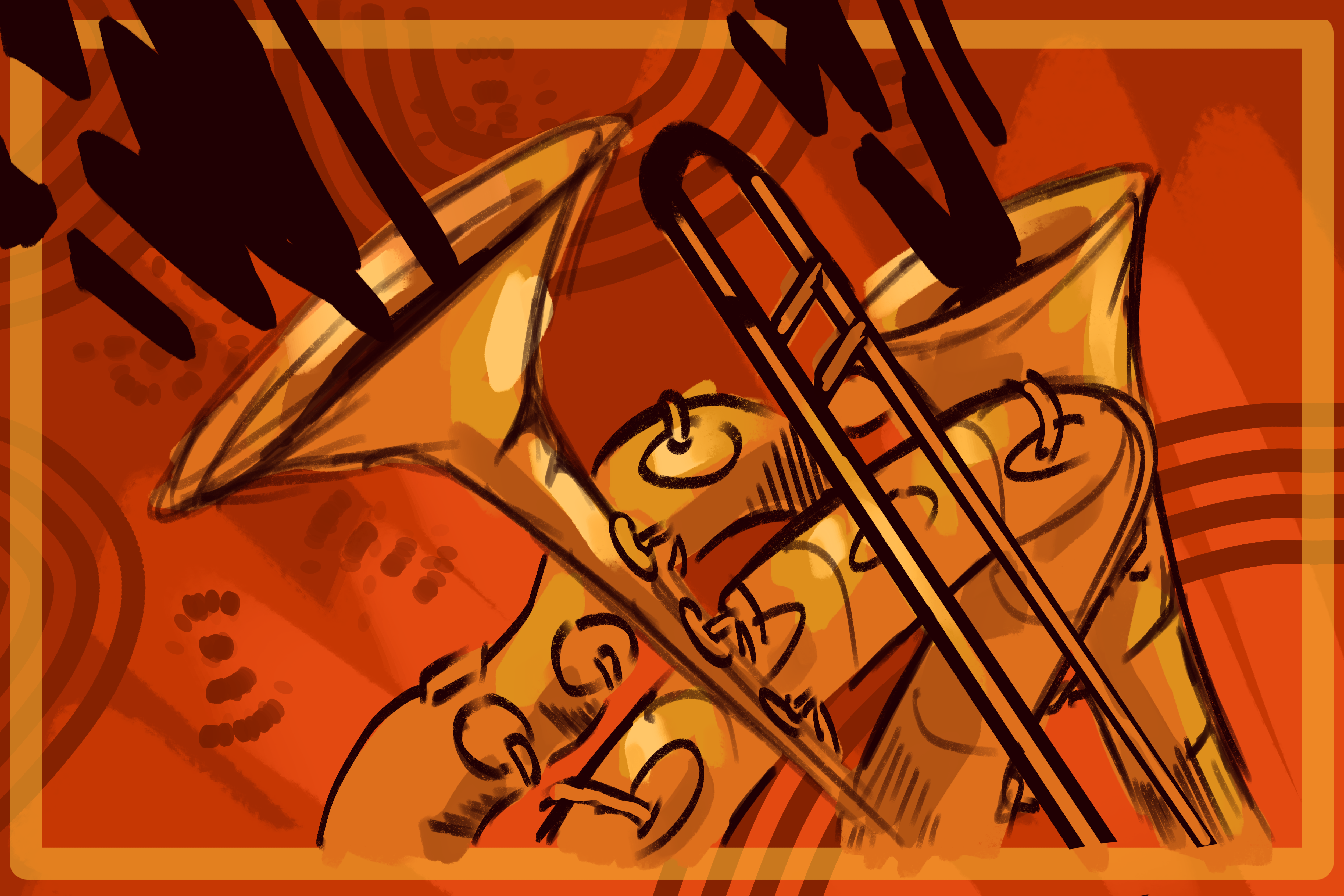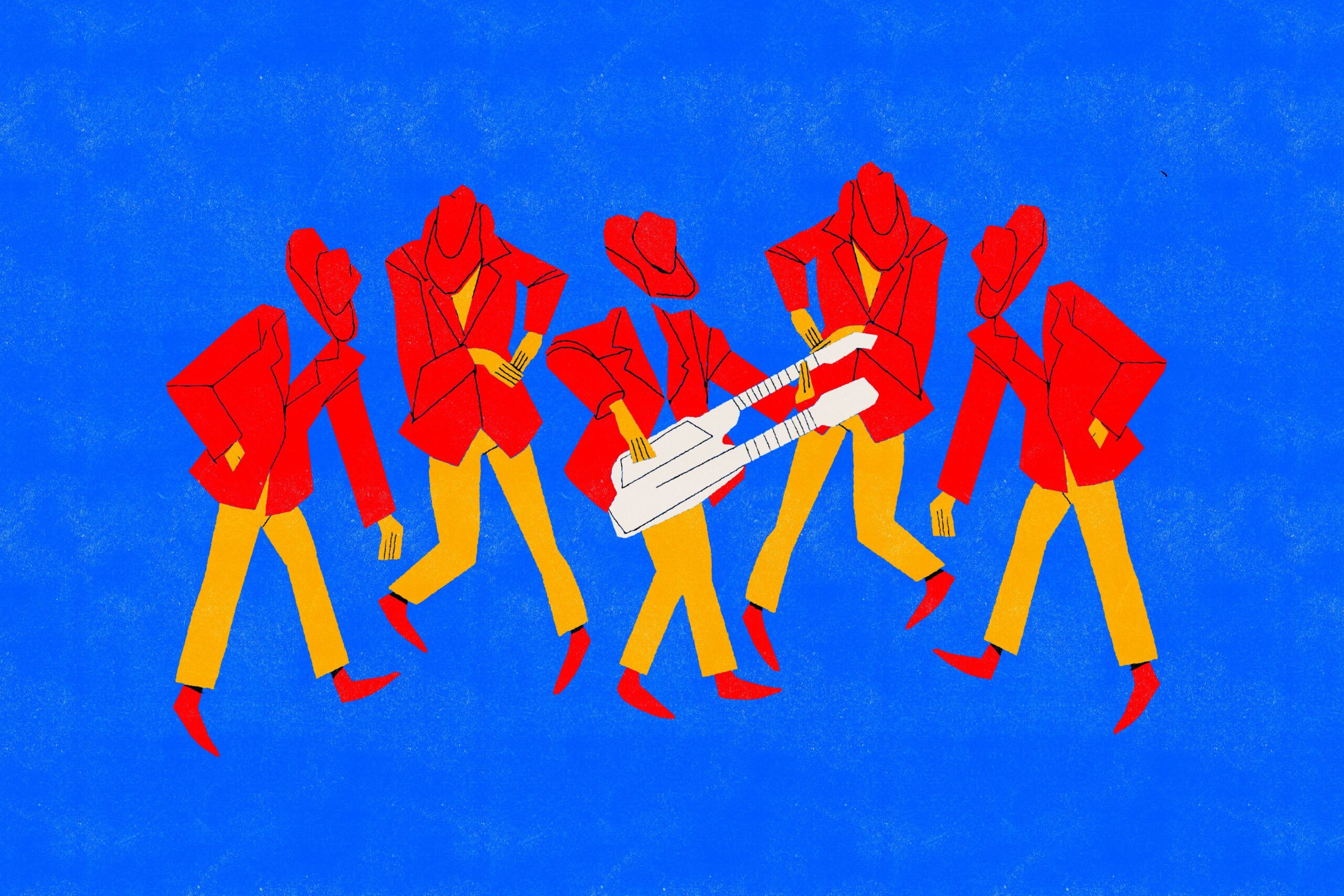As a kid, I had a little bit of contact with Eastern European culture. Half of my family comes from that part of the world, so naturally a few traditions have been passed on–mostly in the category of food. I’ve had a lot of paprikash and goulash over the years. But I guess some of that tradition creeped into my life in ways I didn’t really realize. After becoming enthralled with playing instruments, two in particular seemed to really draw me in–the mandolin, and the accordion. I had unintentionally tied myself to a strong and rich part of this culture that I had only really a vague genetic and culinary contact with.
Zach Condon, the frontman of musical collective Beirut, has an even deeper connection to the Eastern European culture as evidenced by the catalogue of music that he’s created over the years; it’s completely jam-packed with accordion, mandolin, organs, tubas, and even more obscure instruments that I’d be hard-pressed to identify. The tunes–often solemn, sometimes cheery, and usually catchy–that come from the band Beirut take heavy influence from the old world and combine them with the earworm-like qualities of contemporary indie-pop music, complemented nicely by Condon’s unique and sometimes ethereal voice.
With this new release, Gallipoli, Beirut takes their characteristic sound and takes it to the next level–this record is the culmination of their previous efforts into something instrumentally, melodically, and emotionally advanced.
In the past, Beirut’s efforts have lain on the cutesier side of things–enjoyable, but not necessarily strongly impactful. Gallipoli takes things a step further and really ramps up the emotional punch. The lyrics, although insightful on occasion, aren’t the centerpiece of this album. It’s the highly evocative composition and production. Each song seems to capture an impossibly specific emotion that would be a nightmare to articulate. From the innocent pride of opening track “When I Die”, to the regenerative qualities of the closer “Fin”, the album leaves you with a sense of satisfying and warm catharsis.
Everything from the timbre and environment to the slowly building layering of each piece has weight–it all makes me feel nostalgic for a trip to Eastern Europe that I’ve never been on. And that’s perhaps the goal of this album, not to make some grand thematic statement, but to evoke a feeling like Condon may have felt on his many trips to Europe. It’s a prime example of the power that music has to transport us to different places, feelings, and perspectives. Perhaps that’s why so many of the songs are named for places; they’re meant to be momentary miniature windows into those spots.
Maybe it’s that ancestral connection, but this album seems to hit home in a strange way. Though it’s a romantic ideal that music can be healing or expanding, Gallipoli reaffirms these truisms of the medium.
SCAD radio gives this album a 9/10.





